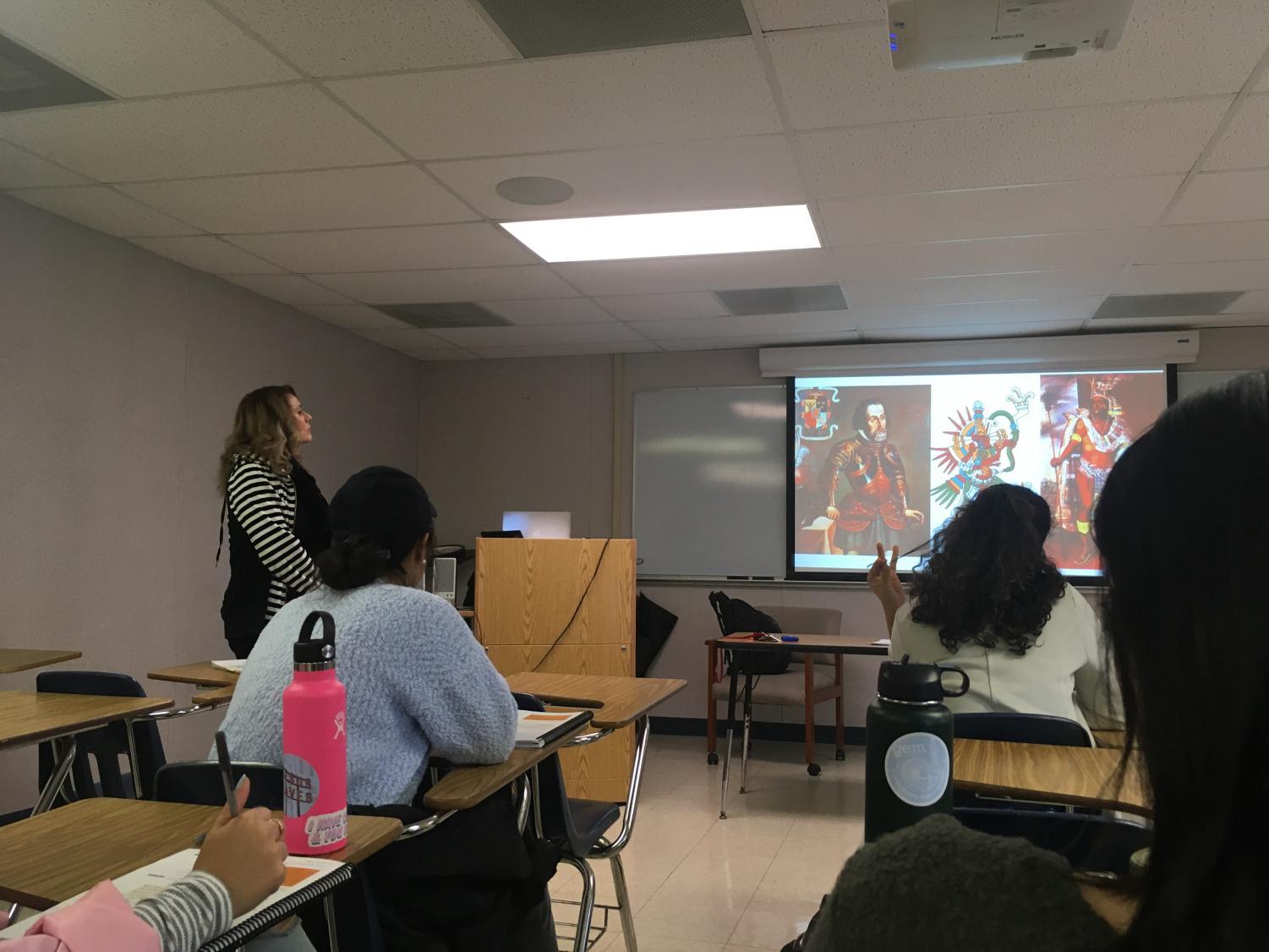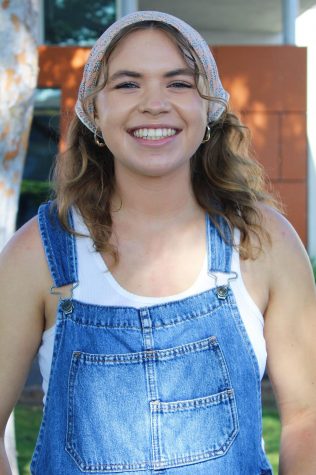A new language program launched this semester pairs 14 Spanish-speaking employees from food and maintenance services on campus with 14 students from Spanish classes to engage in conversation about language and culture.
Assistant professor of modern languages Itzel Reyes launched a new language program this semester called the Language Exchange Program. The idea for the program, the Language Exchange Program, first came to Reyes when she started working at Biola in 2015. The participating students and employees meet once a week on campus for a half-hour and discuss topics proposed by Reyes, including conversations about their lives and personal stories, as well as families and holidays. The students and employees alternate the language every week—speaking in Spanish one week and English the next. This gives students the opportunity to practice their Spanish and employees a chance to review their English.
Overall, Reyes says, the program strives to allow participants to practice new language and conversational skills, emphasizing a personal relationship between students and employees as they engage in conversation together.
LAUNCHING THE PROGRAM
Reyes had noticed that Biola cafeteria and custodial employees were serving food and cleaning, but students did not interact with them.
“We are almost treating them as if they were invisible. Part of this is not that we are rude necessarily, but how we are afraid because of the language and even culture differences,” Reyes said. “Besides meeting my cumulative objectives, I also wanted to bring these two groups together to have a conversation in either language.”
Custodial maintenance employee Aida Hernandez appreciated the initiative of students to participate in learning Spanish and valued the opportunity to meet with students in a relational setting.
“I love when I see students trying to speak another language,” Hernandez said. “Even though I have been working with students, it is different when I sit down and talk one-on-one and to see the students doing their best to learn.”
FOSTERING CONVERSATION
Since the launch of the program at the beginning of the semester, the LEP partners have met a total of three times. Over the course of the meetings, the participants discussed topics about family and Valentine’s Day, as well as the similarities and differences in various holidays and how they celebrate them. Not only do the conversations initiate discussion with academic objectives, but they also foster relationships between people from different backgrounds and cultures.
According to junior theater major Emily Delgado, the LEP discussions have allowed her to engage in meaningful conversation about diversity, and helped her understand new perspectives and develop a meaningful relationship with Hernandez, her partner.
“I like this idea of building a relationship with someone on campus and being able to practice my Spanish with them whenever I see them,” Delgado said. “It is so important that we create a future generation that knows to build beautiful relationships and learn to meet new people that are so diverse to understand that we are similar in that we need to communicate and form relationships.”
PLANS FOR THE FUTURE
As the program grows in the future, Reyes hopes to see a rise in participants, as she wants all students enrolled in Spanish courses at Biola to have the opportunity to experience both language and relationship development in this way.
However, according to Reyes, her desire for the future of the program is also to encourage personal connection and an empathetic nature when conversing with people who have a different language, culture or background to foster a broader sense of community.
“My ultimate goal is to bridge different sectors to be one body of Christ,” Hernandez said. “We have a commonality of being human and that is going to help both employees and students be able to approach other people that speak a different language. I hope both groups humanize the other and see how similar we are.”












